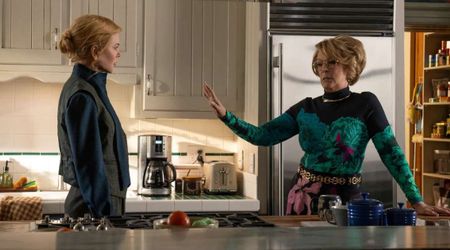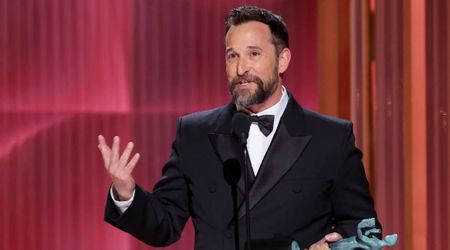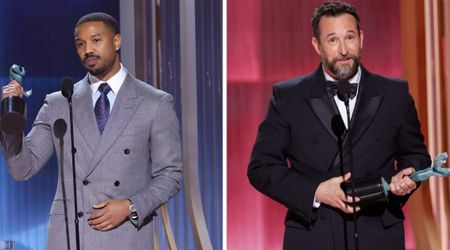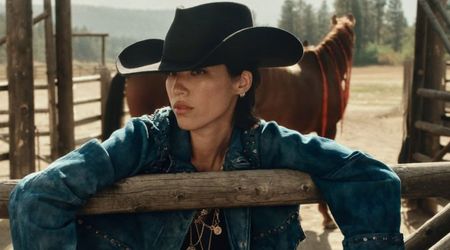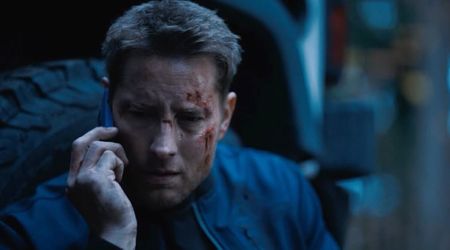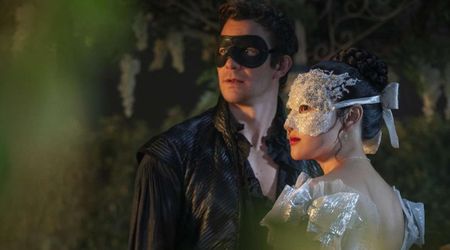HBO's 'Euphoria' successfully highlights the inherent nihilism that is driving today's teens

This article contains spoilers for Euphoria, episodes 1 and 2.
At first glance, 'Euphoria' looks like a show about reckless teens indulging in sex, drugs, alcohol, and violence out of boredom, as if none of those have repercussions or consequences. But then comes the narrator, Rue Bennett, who even though not the best point of view for narration because of how deeply rooted her many issues are - still manages to give an insight into why today's teens choose to indulge in reckless behavior without giving it a second thought. Impulsive is one way to put it, but what 'Euphoria' also sheds light on is the inherent despair and nihilism that drives their impulse.
It's not hard coming of age in the contemporary world. For a generation marked by 'wokeness' and accused of entitlement, there's a constant need for validation as the world around them crumbles. And Euphoria captures that. It doesn't glorify or romanticize the gritty escapes teens opt for when their life is shrouded by bleakness. Instead, it focuses on just how full of despair these kids are, growing up in the middle of a blazing climate change and a constant reminder that everything will end dirty.
Take the central protagonist Rue, for example. Played by with restrained articulation by Zendaya, she takes us through her past and documents the many events leading up to the point of her drug overdose. But Rue's initiation into the world was surrounded by tragedy as she was born just three days after the 9/11 terror attacks. Introducing the lead through such a sensitive topic might not always work for a show, but it works for 'Euphoria' because it shows that Rue's world was enveloped by sadness and tragedy before she had even opened her eyes to the world. The very pilot highlights this aspect of Rue's life - sort of like an insight into the lives of her peers too - as we see Rue's parents traumatized while looking at the hospital TVs screen, just moments after she was born. That, right there, was a parallel drawn between a disaster and a life in the new millennium - something that the show sticks to in the second episode too.
As we go deeper into the world of 'Euphoria' and its teens, not only do we explore the nuanced depictions of their individual sexualities, but also understand just what drives this impulse to forget everything and let their inhibitions go. We see them partying, drinking and indulging in reckless substance abuse and casual sex one after the other - sometimes very publicly, and at other times behind closed doors. But what really gets highlighted is that these kids aren't immersing themselves in a graphic world of intoxication, not because they do not care about the future, their recklessness stems majorly from knowing there is no point in putting any effort into anything anymore.
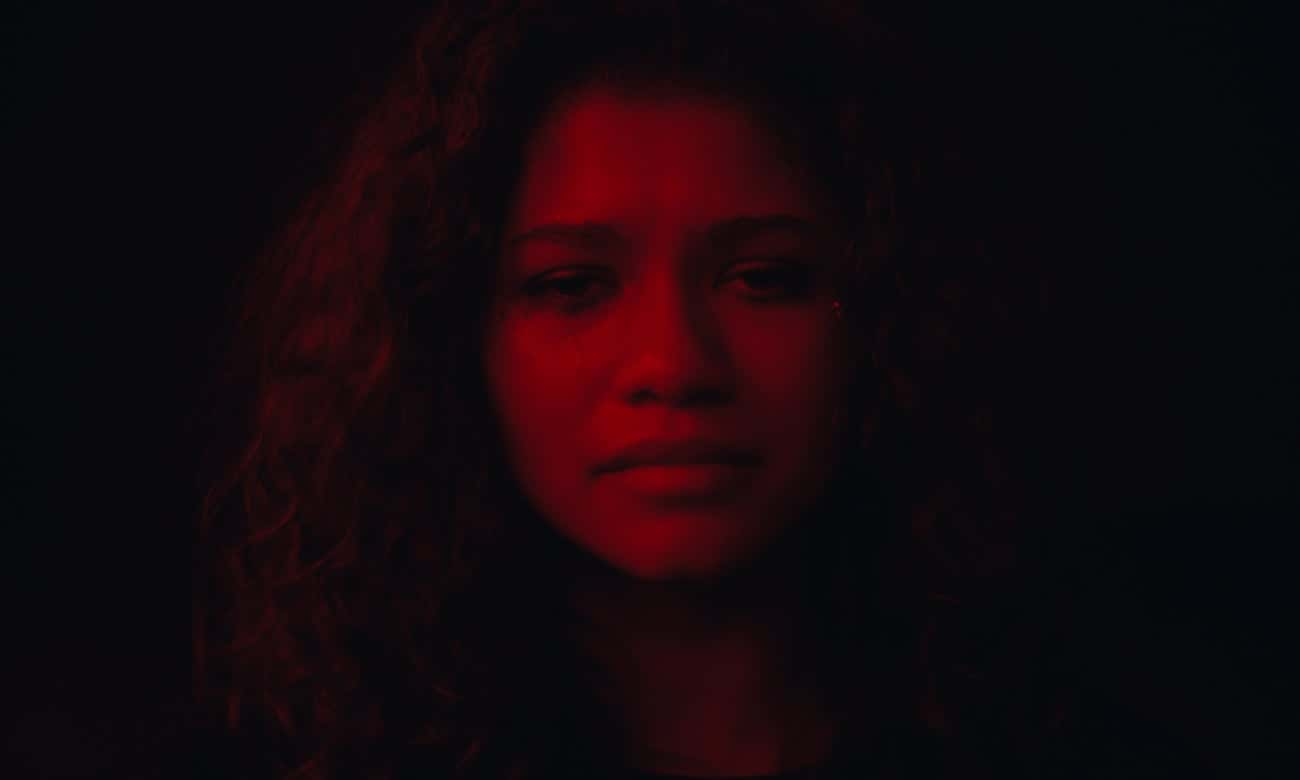
The time they live in and the world they are surrounded by has toughened them up in a way where they are not only weary of being vulnerable but also know for a fact that their passionate efforts wouldn't amount to anything constructive. Like Rue says in a voiceover, "The world's ending, and I'm still supposed to go to high school." More than apathy, these sentiments come from a gaping void left behind by the bitter realization of their lives not surmounting to anything significant in this lifetime. These kids are too aware of the end of the world, and the reason they are wasting their lives away is not that they don't want to make a change. It's because they know the situation is beyond any help.
Even when it comes to their addictions, not all of it is drugs. From alcoholic parents to sex-addicted teens with nothing else on their mind - the wide array of addicts in 'Euphoria' come in all shapes, sizes, and color. But the one thing constant and common within all of them is this desperate need to numb things down, and as Rue puts it in the second episode, it is 'the glorious ecstasy that comes with the world around you suddenly going quiet'. The teens in 'Euphoria' aren't doing drugs or being sad, because it's cool to do so in today's world. It is the state that they are living in - a passionate nihilism that has sort of made truce with the impending apocalypse, so to speak.
'Euphoria' airs on Sundays at 10 pm, only on HBO.

